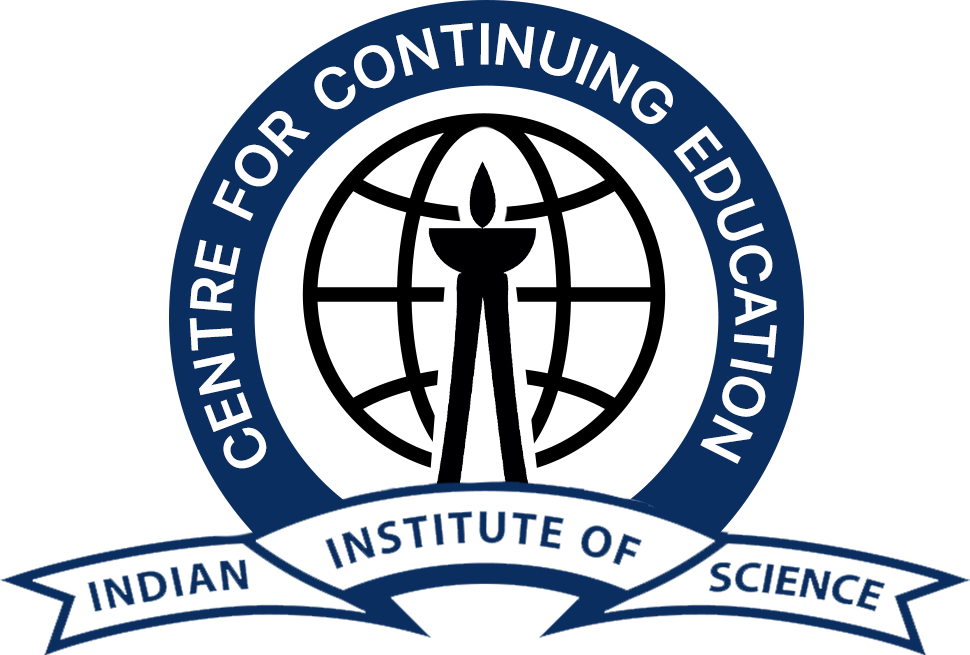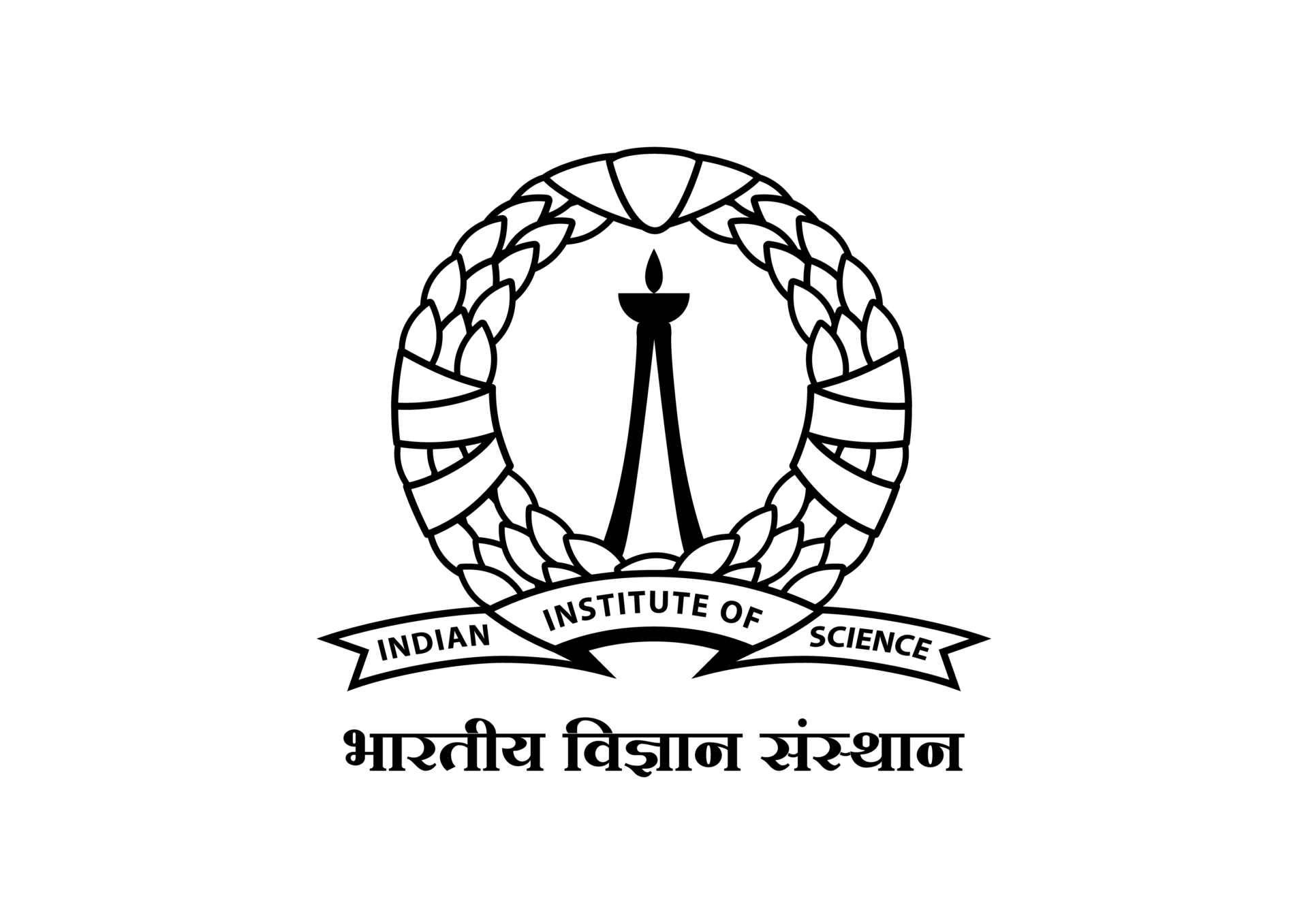Online Course on Structural Biology and Drug Discovery (2:0)
(JANUARY TO MAY 2026)
Last date to apply: 31 December 2025
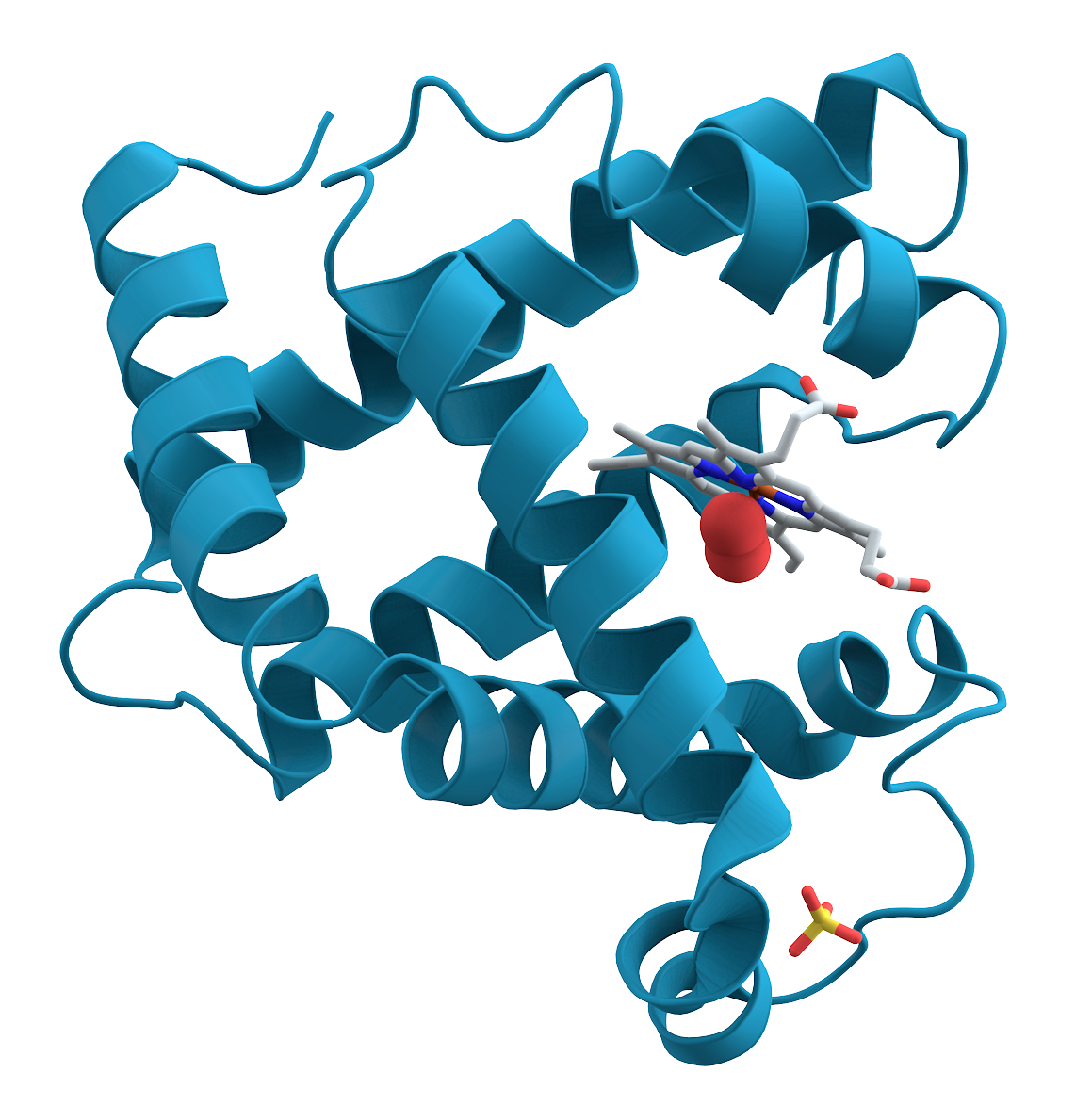
Know The Course Instructor

Dr. Mahavir Singh
Associate Professor
Molecular Biophysics Unit,
Indian Institute of Science, IISc Bangalore
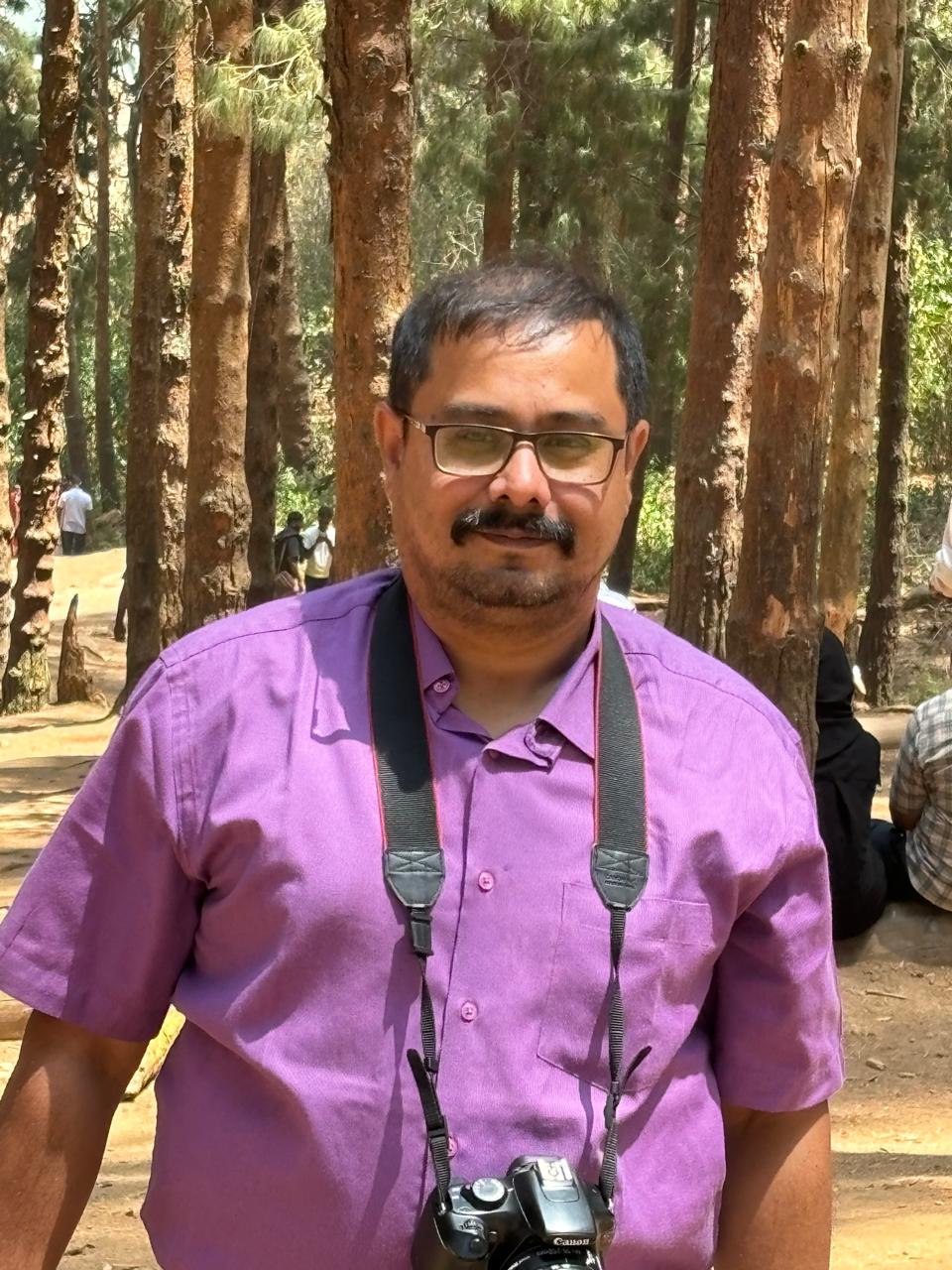
Dr. Somnath Dutta
Associate Professor
Molecular Biophysics Unit,
Indian Institute of Science, IISc Bangalore
Course Fee
Course Schedule
Reference Books
| Particulars | Amount |
| Course Fee | 10,000 |
| Application Fee | 300 |
| GST@18% | 1,854 |
| Total | 12,154 |
Number of credits – 2:0
Mode of Instruction
Online Classes
Duration
(JAN – MAY 2026)
Class Start Date
12 January 2026
Timings of the class
Monday, 6P.M. – 8 P.M. (2 hours)
1.Principle of Biochemistry by Voet and Voet
2.NMR spectroscopy by T Clarridge
3.Transmission Electron Microscopy by David B. Williams, C. Barry Carter
4.CryoEM Methods and Protocols by Tamir Gonen, Brent L. Nannenga
5.Research articles and lectures notes
Objectives of the course
The aim of this course is to provide students with a comprehensive understanding of the structural and functional principles of biological macromolecules and their roles in drug discovery. Students will learn to interpret and analyze macromolecular structures using various experimental and computational tools, as well as the rational design of protein-targeted therapeutics and vaccines.
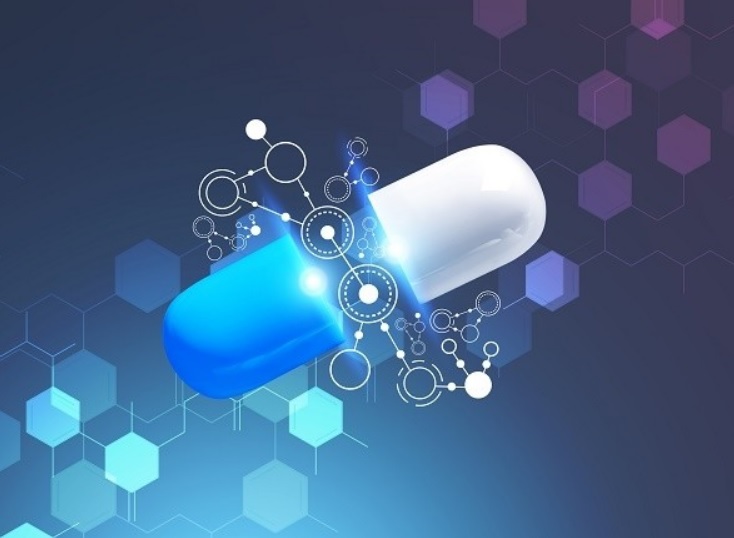
Who can apply?
M.Pharm./ B.Pharm., B.Tech./M.Tech. in Biotechnology or Bioinformatics, R&D Scientists/Professionals in Pharmaceutical and Biotech Industries, Clinical Researchers, Bioprocess Development Engineers, and AI/ ML Engineers in Drug Discovery Postgraduate (M.Sc./M.Tech./Ph.D. ) and/or Advanced Undergraduate.
Pre-requisites
Basic knowledge of Chemistry & Physics (Class 12 Standard)
Who can benefit?
Any state and central universities, National Institutes, and any pharmaceutical companies and R&D sections which are involved in drug discoveries.
Syllabus
The course covers fundamentals of protein, DNA, RNA structures; methods in structural biology, like AI-based structure prediction tools, experimental methods, like X-ray crystallography, cryo-EM, NMR; computational tools for molecular modeling and docking; principles of protein-ligand and protein-inhibitor interactions and biophysical approaches to understand these interactions; applications of structure-based approaches in modern drug discovery and vaccine development.
Course Plan
Module 1: Introduction to protein chemistry, protein-ligand interactions, DNA/RNA ligand interactions
Week 01: Introduction to protein, DNA, RNA structures.
Week 02: Introduction to protein, DNA, RNA structures and various interactions (covalent/ non-covalent interactions).
Week 03: Various protein purification techniques (Chromatography techniques). In vitro RNA transcription and purification techniques.
Week 04: Various biochemical and biophysical characterization of ligand/inhibitor proteins interactions and Proteomics (Mass Spectrometry, ITC, MST, SPR).
Module 2: Introduction to Structural Biology
Week 05: Structure–function relationship in biomolecules and 3D structure of Protein DNA, RNA. AI-driven drug discovery.
Week 06: Drug discovery pipeline: target identification to lead optimization. Structure-based vs ligand-based drug design.
Week 07: Binding thermodynamics and kinetics (Kd, IC50) and case studies HIV inhibitors or vaccine, kinase inhibitors, COVID-19 vaccine, peptide-based drug development
Module 03: Computational Structural Biology and Experimental Methods in Structural Biology
Week 08: X-ray crystallography and NMR principles, data collection, phasing, refinement.
Week 09: Cryo-EM: sample preparation, image processing, structure determination and other techniques like SAXS, mass spectrometry, CD spectroscopy
Week 10: Molecular modelling and structure prediction (homology modelling, AlphaFold), Protein–ligand docking: scoring functions, virtual screening. Software: AutoDock, GROMACS, PyMOL, Chimera.
Week 11: Structure-guided vaccine design, Cryo-EM in drug discovery, Integrative structural biology approaches.
Week 12: Ethical and regulatory aspects of drug discovery and case studies.
